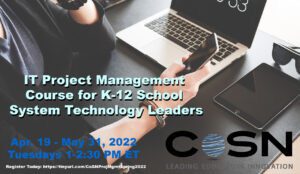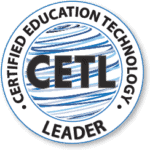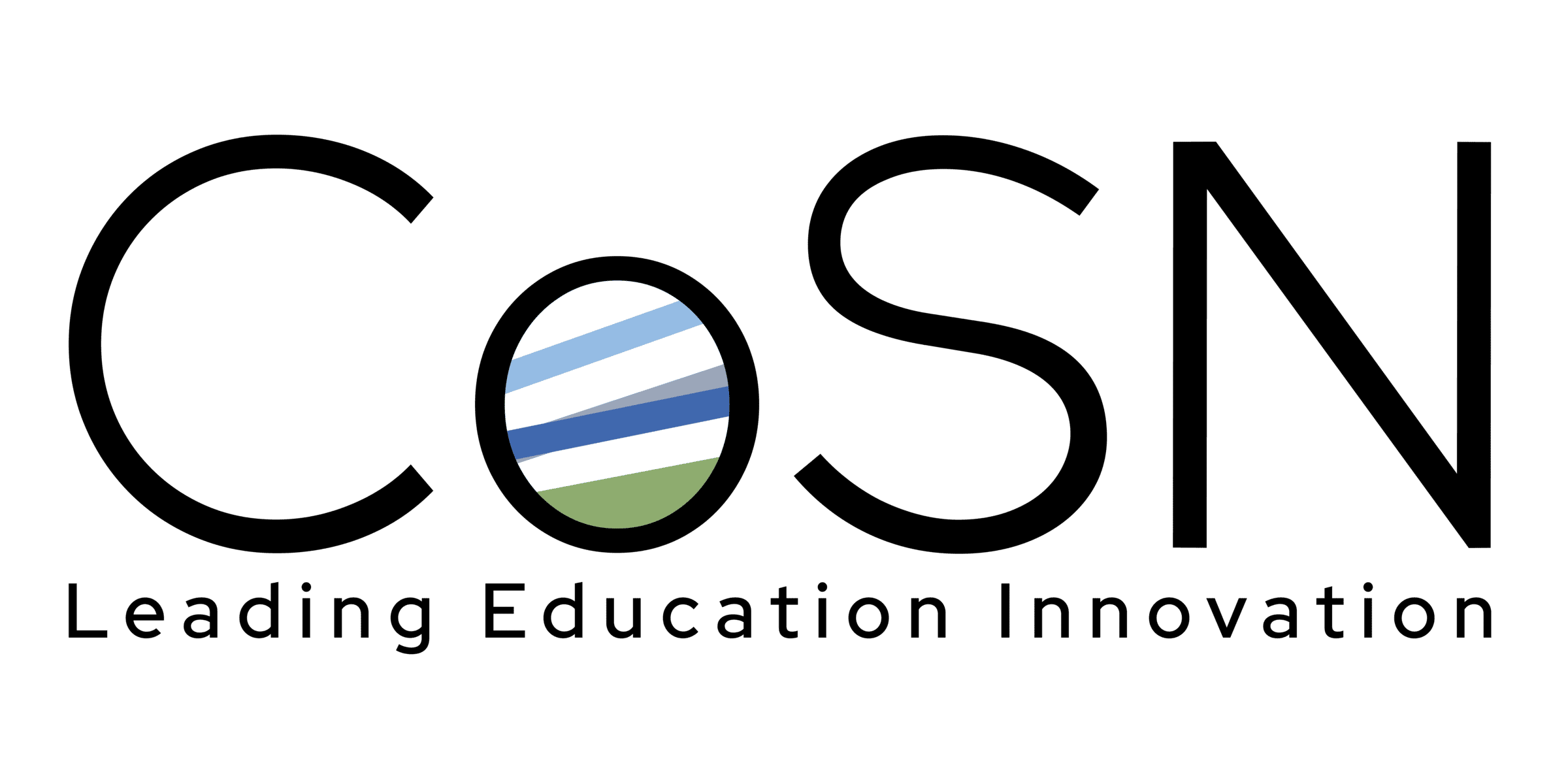As an educational technology leader for a school district, a regional service center, and a state organization for over 28 years in Utah; I have found the formal Project Management (PM) course work, training and certifications to be the essential professional development for me to become a more effective and efficient educational technology leader. 
I started my ed-tech professional career in 1993. I took my last final for my computer science degree on a Friday, and the following Monday, I started with the local school district (just weeks before the start of school in the fall) as their first full-time technologist. After a few months, I started hiring additional staff and developing and managing the district technology team. As many of the current ed-tech leaders know, in the early days of the profession, most of our time was spent running wires and connecting boxes to the Local Area Network (LAN), and then Wide Area Network (WAN) and the internet. At this time in the profession, Project Management skills were important to organize the team and to help ensure that technical projects were completed in a timely manner. Still, it was not required expertise to have in many cases. That changed for me.
After several years as the technology team leader and coordinator with this school district, I moved to the regional educational service center working for the six school districts and several charter schools covering public education in the southwest area of Utah. Like all educational technology departments at the time, we grew our staff. I developed a highly functional technology team with repair technicians, network engineers, education technology coaches, data specialists, and media professionals. The focus of this regional technology team was to work with and support the district and charter school technology and educational professionals in moving education forward throughout the region. 
I completed my Project Management Professional (PMP) certification several years later. By far, this certification has helped me understand that PM is more than just completing projects on time and within budget. Instead, successful PM is about assisting educational administration/leadership/policymakers in determining the correct or most appropriate projects to dedicate resources and time to and decide which projects to move forward and complete. Also, it helped me understand at a higher level that the Project Manager’s main role is to ensure projects and initiatives add value to the organization.
My next blog will cover several PM techniques, tools, processes and activities that I have found crucial in leading educational technology projects. But, first, read more about the course I will co-teach this spring with Frankie Jackson: CoSN’s IT Project Management Course for K-12 School System Technology Leaders and review its syllabus to see what is in store for you next!
Next blog to be posted soon: What Project Management Skills Are Crucial For K12 Educational Leaders

Cory Stokes, CETL
Utah Education & Telehealth Network (UETN)
IT Project Manager Sr.




